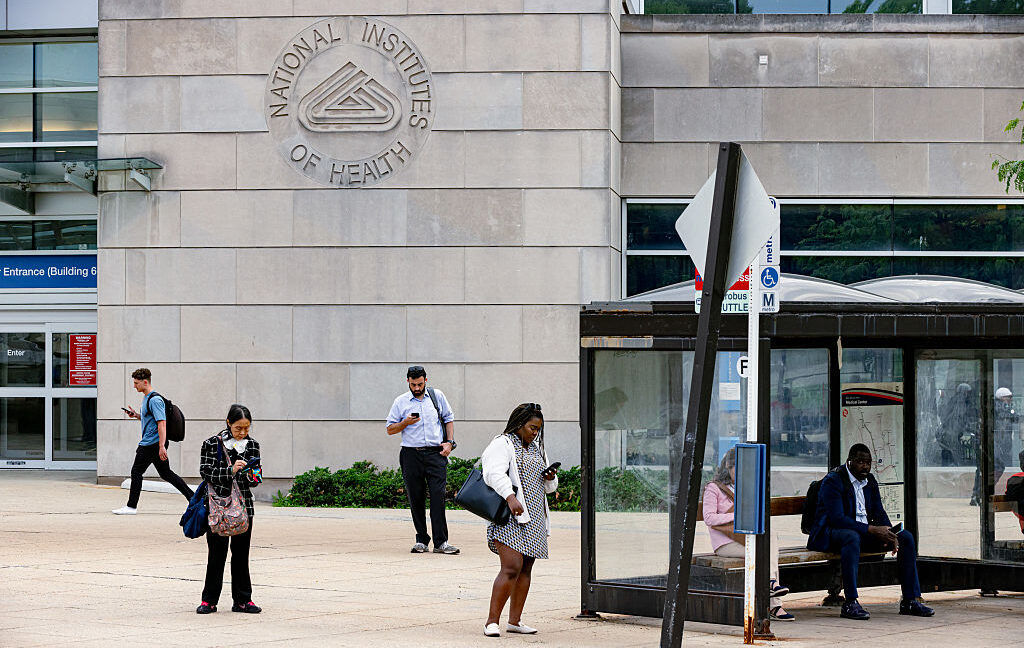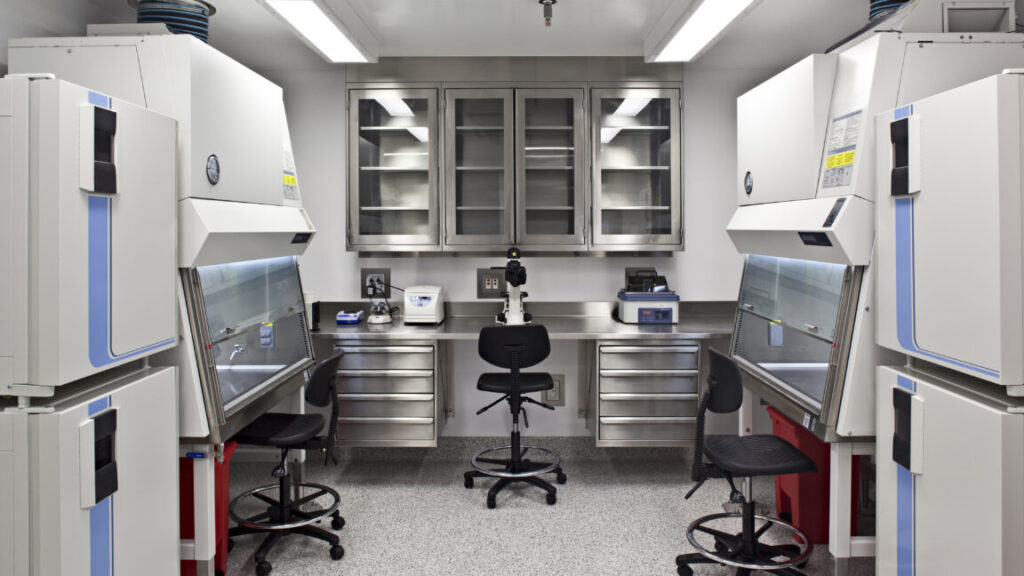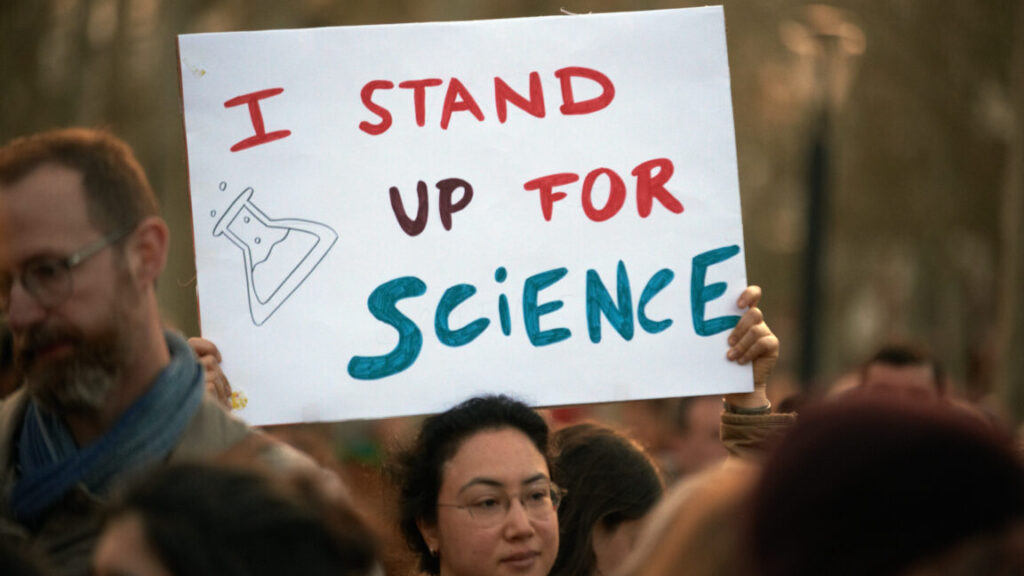Lawsuit over Trump rejecting medical research grants is settled
The case regarding cancelled grants moved relatively quickly. By June, a District Court judge declared that the federal policy “represents racial discrimination” and issued a preliminary order that would have seen all the cancelled grants restored. In his written opinion, Judge William Young noted that the government had issued its directives blocking DEI support without even bothering to define what DEI is, making the entire policy arbitrary and capricious, and thus in violation of the Administrative Procedure Act. He voided the policy, and ordered the funding restored.
His decision eventually ended up before the Supreme Court, which issued a ruling in which a fragmented majority agreed on only a single issue: Judge Young’s District Court was the wrong venue to hash out issues of government-provided money. Thus, restoring the money from the cancelled grants would have to be handled via a separate case filed in a different court.
Critically, however, this left the other portion of the decision intact. Young’s determination that the government’s anti-DEI, anti-climate, anti-etc. policy was illegal and thus void was upheld.
Restoring reviews
That has considerable consequences for the second part of the initial suit, involving grants that were not yet funded and blocked from any consideration by the Trump Administration policy. With that policy voided, there was no justification for the National Institutes of Health (NIH) failing to have considered the grants when they were submitted. But, in the meantime, deadlines had expired, pools of money had been spent, and in some cases the people who submitted the grants had aged out of the “new investigator” category they were applying under.
The proposed settlement essentially resets the clock on all of this; the blocked grants will be evaluated for funding as if it were still early 2025. “Defendants stipulate and agree that the end of Federal Fiscal Year 2025 does not prevent Defendants from considering and/or awarding any of the Applications,” it states. Even if the Notice of Funding Opportunity has since been withdrawn, the grant applications will be sent off for peer review.
Lawsuit over Trump rejecting medical research grants is settled Read More »





